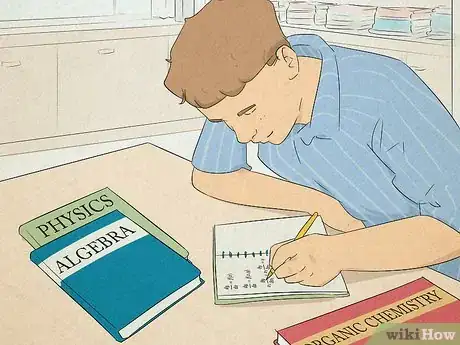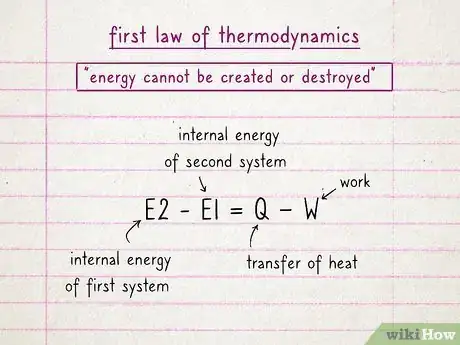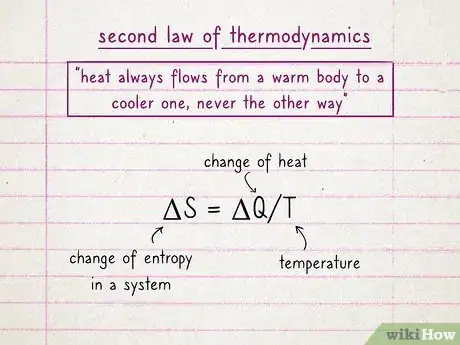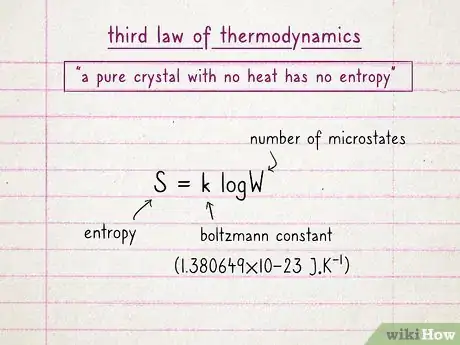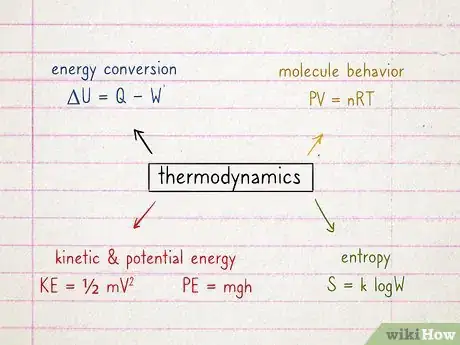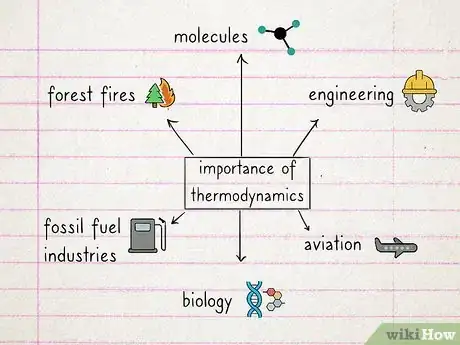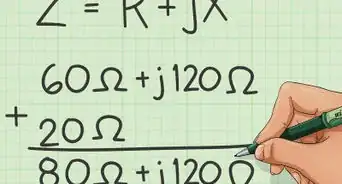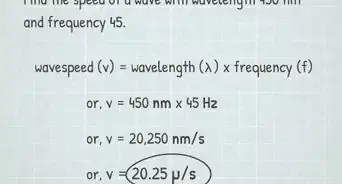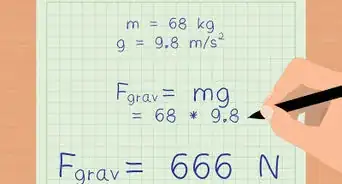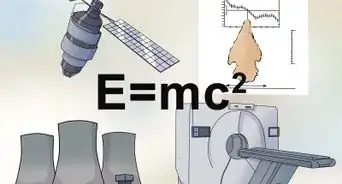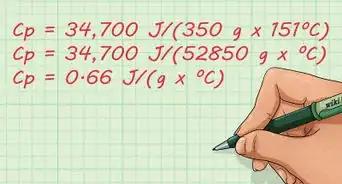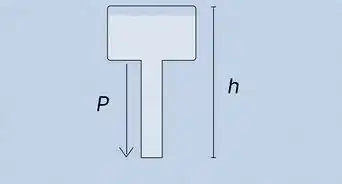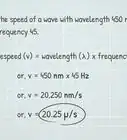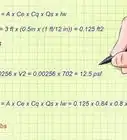This article was co-authored by wikiHow staff writer, Eric McClure. Eric McClure is an editing fellow at wikiHow where he has been editing, researching, and creating content since 2019. A former educator and poet, his work has appeared in Carcinogenic Poetry, Shot Glass Journal, Prairie Margins, and The Rusty Nail. His digital chapbook, The Internet, was also published in TL;DR Magazine. He was the winner of the Paul Carroll award for outstanding achievement in creative writing in 2014, and he was a featured reader at the Poetry Foundation’s Open Door Reading Series in 2015. Eric holds a BA in English from the University of Illinois at Chicago, and an MEd in secondary education from DePaul University.
There are 12 references cited in this article, which can be found at the bottom of the page.
This article has been viewed 17,636 times.
Learn more...
Thermodynamics is the study of relationships between heat and other forms of energy. It’s technically a branch of physics, and it has reputation as one of the most difficult subjects for university students. While it’s true that thermodynamics can be pretty confusing, there’s no reason you can’t succeed if you’re a diligent student! With a little hard work and a razor-sharp focus in class, you’ll be on the right track to mastering this interesting subject.
Steps
References
- ↑ https://par.nsf.gov/servlets/purl/10018819
- ↑ https://www.researchgate.net/publication/226002663_Difficulties_in_Learning_Thermodynamic_Concepts_Are_They_Linked_to_the_Historical_Development_of_this_Field
- ↑ https://www.me.gatech.edu/files/ug/me3322.pdf
- ↑ https://www.tulane.edu/~sanelson/eens212/thermodynamics&metamorphism.htm
- ↑ https://par.nsf.gov/servlets/purl/10018819
- ↑ https://www.me.gatech.edu/files/ug/me3322.pdf
- ↑ https://www.grc.nasa.gov/www/k-12/airplane/thermo1.html
- ↑ https://www.grc.nasa.gov/www/k-12/airplane/thermo0.html
- ↑ http://galileo.phys.virginia.edu/classes/152.mf1i.spring02/LawsThermo.htm
- ↑ http://labman.phys.utk.edu/phys136core/modules/m3/entropy.html#:~:text=When%20a%20small%20amount%20of,units%20of%20Joules%20per%20Kelvin
- ↑ https://www.livescience.com/50776-thermodynamics.html
- ↑ https://www.sciencedirect.com/topics/chemistry/third-law-of-thermodynamics
- ↑ https://www.sfu.ca/~mbahrami/ENSC%20388/Notes/Intro%20and%20Basic%20Concepts.pdf
- ↑ http://blog.yalebooks.com/2019/04/24/thermodynamics-in-our-daily-lives/

